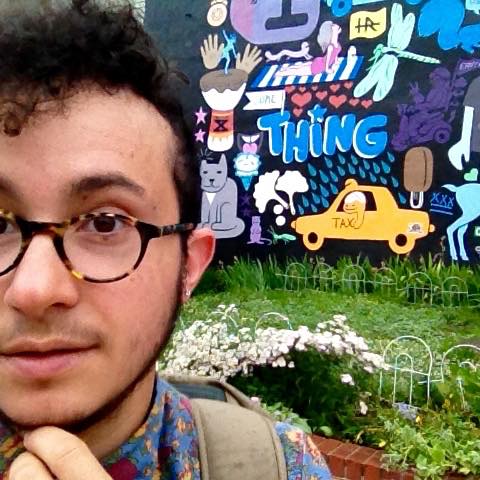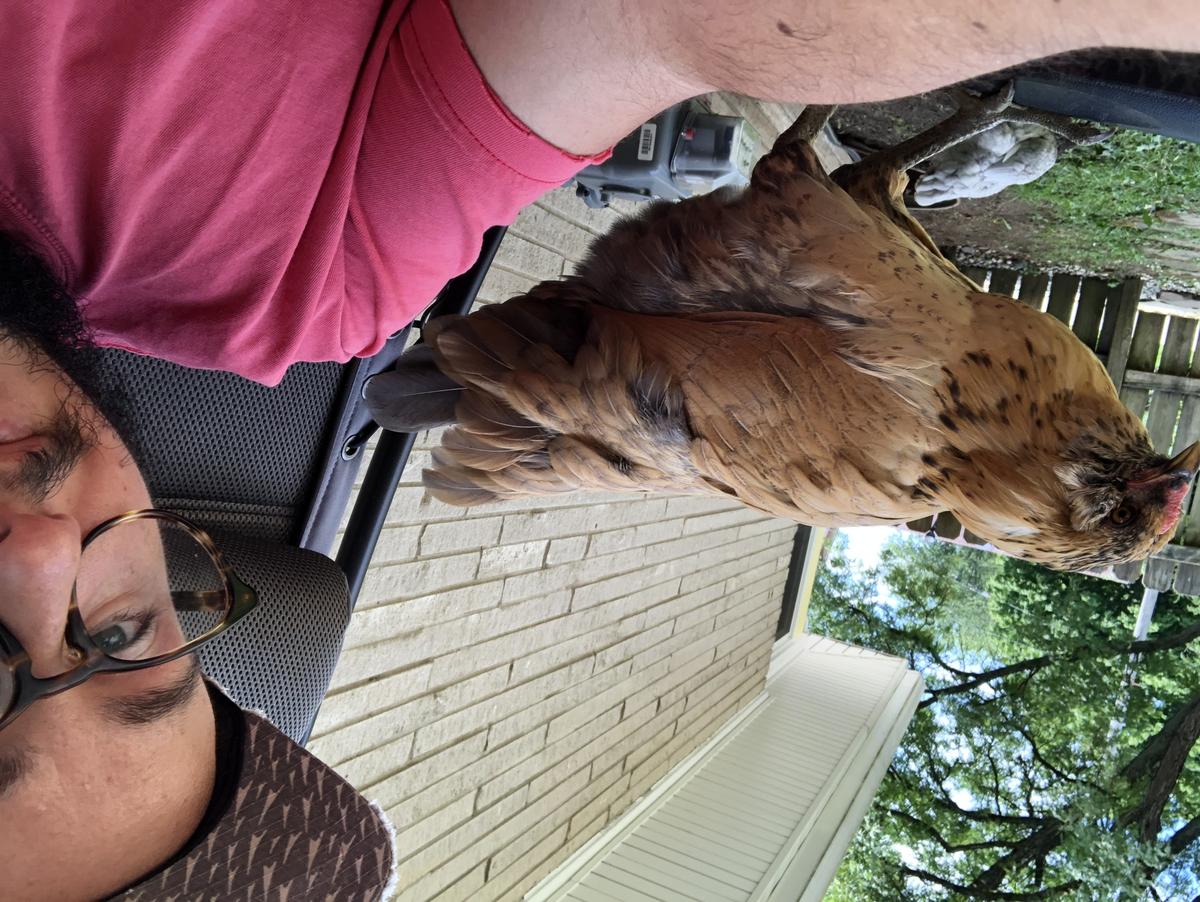
To the Queer Woman Who Asked Me if I Have a Dick
Do you have a soul?
Can you entrust your own desires to it?
Why do you need me
to spell things out for your comfort?
I grew up beneath the same boot as you
only I was lodged in its crevices
and you thought this made me a part of it.
I was never rubber, never pressing,
just womanly flesh all gummed up and full of pavement.
I don’t want to talk about the violence anymore.
I don’t owe you an explanation.
No one owes anyone their body.
When I meet another human being, I ask
What do you give yourself to and why?
I fall in love with people who know we don’t know shit.
Everything I adore about women cannot be spoken
because the words have not yet been invented.
I imagine another life, a possibility of healing, of knowing, of listening.
It could appear the day we stop relying upon the materials of this one.
So ask me whatever you wish—I have no desire to police you







